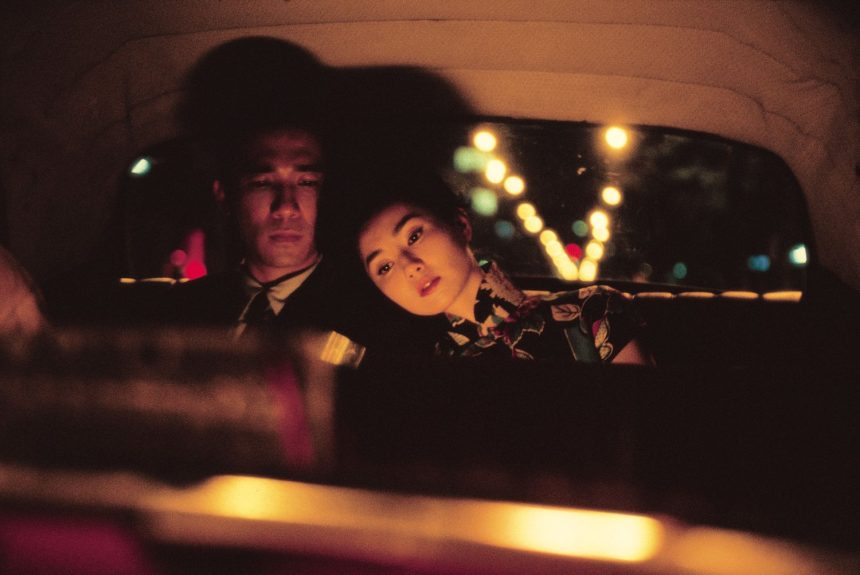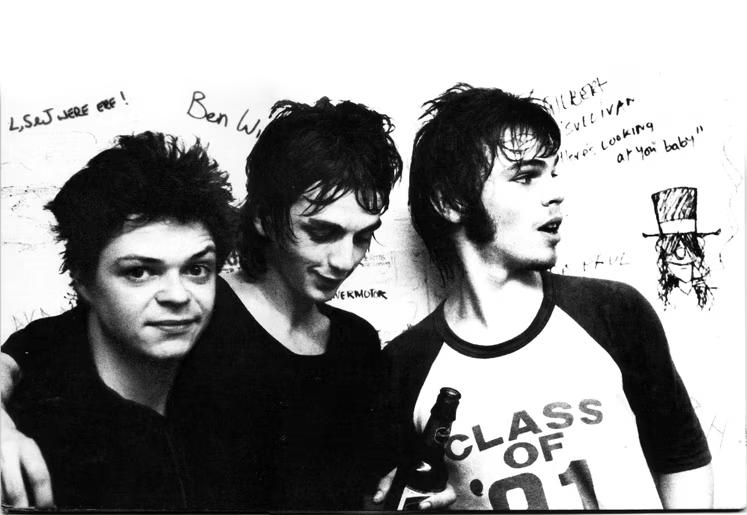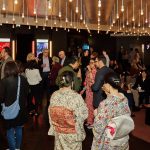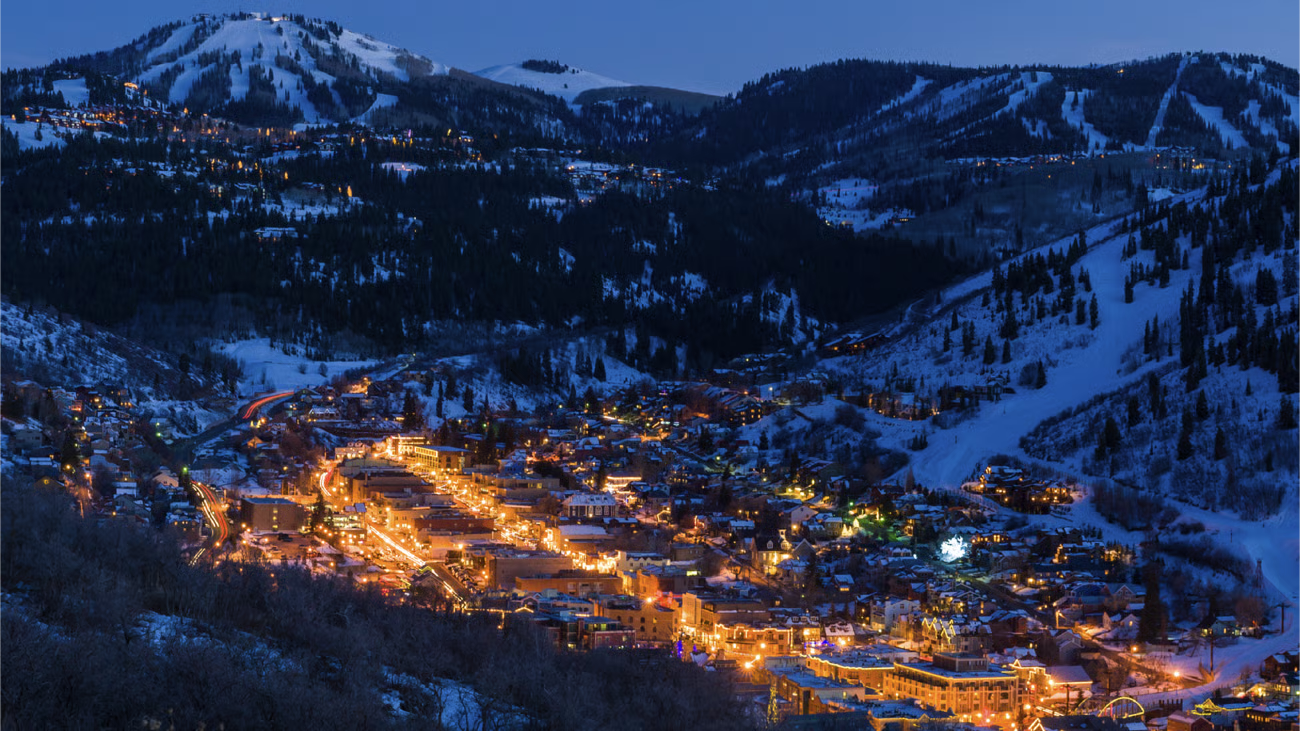Wong Kar Wai’s cinematic masterpiece In The Mood For Love will soon be screened at Sydney Opera House, accompanied by a 39-piece orchestra led by award-winning conductor Guy Noble, for the Australian premiere of In The Mood For Love In Concert.
The film premiered at the Cannes Film Festival in 2000 to universal acclaim, earning a nomination for the prestigious Palme d’Or and winning Tony Leung the Best Actor award—the first for a Hong Kong actor. Today, it remains a landmark of Asian cinema, frequently listed among the greatest films of all time, and swooned over by anyone in the film industry. The fashion, music, colour, light, and form of 1960s Hong Kong is weaved together in a poignant love story that defies anyones heart not to be broken wide open, or get lost in the films long luscious palette.
Wong Kar Wai famously described the music in the film as “a poem itself“, and building on the original score by Shigeru Umebayashi, the team behind the new production have created a sensory spectacle that in the unique setting of the Sydney Opera House will likely prove to be an even more immersive and moving experience.
Irresistible spoke to Nelson Khoury, the producer for In The Mood For Love In Concert and Jessica Wells, the orchestrator, to find out ahead of the premiere what the film means to them.
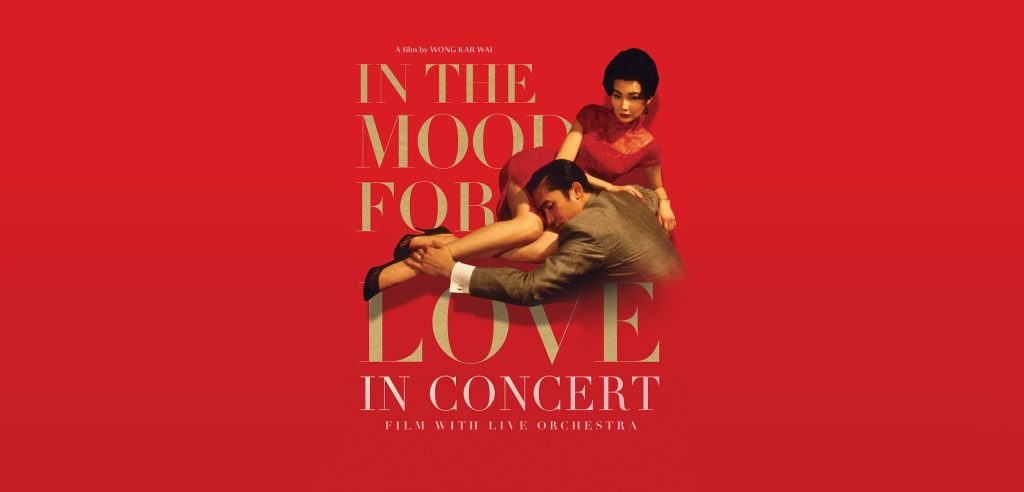
Nelson has almost 15 years of producing, production and location management experience from television and film sets all over the world, and has worked with some of the world’s top filmmakers, production companies and studios.
Jessica Wells is one of Australia’s most sought after composers and orchestrators. She was the recipient of the 2025 AACTA Award for Best Original Score in a Documentary for her work on the film Mozart’s Sister, and received the 2024 Art Music Luminary Award (NSW). Jessica’s concert works range from solo harp through to full symphony orchestra, and she has written music for film and theatre productions.
In The Mood For Love makes it onto a lot of favourite film lists. Is it the same for you two?
Nelson Khoury: This has been a huge passion project for both myself and Jess. I’ve been working in film and television for about 20 years and when I was introduced to the film early on in my career, I just fell in love with it. I think nearly everyone else that has seen it feels the same. This new production was not something that was sitting on the shelf. We had to go to Wong Kar Wai to pursue this and get the rights, and I had to persuade my business partners it was a good idea! It was purely out of love of the film that we did that. It’s been two-and-a-half years to get it ready, and Jess has been working on her end for about 9 months to create the magic, stripping the music out and essentially re-writing it for the 39- piece orchestra.
Jessica Wells: I first saw the film when I went to film school 20 years ago. I went to the Australian Film Television and Radio School in 2004 and we studied lots of different films. This one in particular we watched on the big screen at the school, and Martin Armiger, our incredible film scoring teacher discussed it at length with us. But it’s also the beautiful scenery, the cinematography, the neon lights. It’s so stunning.
It also cracks open the world of Hong Kong for me. My mum is from Hong Kong, but I grew up in the USA and Australia, so I don’t know Hong Kong very well, but this film is like a little entryway for me. My grandma worked as a secretary at the US Embassy in Hong Kong, so I love the office scenes, and I can imagine her at a typewriter. My mother studied Law in 1969, it was the first year they had a Law degree at Hong Kong University, so the film gives me an extra window into 60s Hong Kong and what my mother was living through. I love the snapshot of the world at that time. There’s definitely a lot of nostalgia around this film.
What do you think makes the film so special?
JW: I just love the repetition of music in the film, the use of the beautiful Latin Nat King Cole songs. The overall languidness of the film itself. At first I remember wondering why they were repeating the same music over and over, but then the centre of the film is showing the internal monologues of the central characters. They don’t say it, but you can tell what they’re thinking. The characters are going round in circles around each other. There’s so much intention of the filmmakers.
NK: It takes a whole bunch of things to come together perfectly at once, and in this case it has it all; the cinematography, the costume design, the production design. It’s so rich in colour, so moody and evocative. The costumes are so wonderful, every frame in the movie looks amazing. Maggie Cheung as they’re walking up the stairs is just stunning. I think it’s mature filmmaking at its best. Wong Kar Wai and the cinematographer Christopher Doyle famously spent a lot of time on the film, and did a lot of takes to get it right to make that rich tapestry. The crew all knew they were making something special, and of course they had two of the best actors in Asia, if not the world.
How does the music amplify the experience?
JW: I think the Latin songs give that romantic feeling and speak to unrequited love, the will they-won’t they. One thing I discovered in putting this score together is that in the film the songs were slowed down. Once I analysed the music and realised it, the whole thing made even more sense. The original Nat King Cole songs are a little faster and his voice is a little higher. Won Kar Wai used varispeed to add to that languid feeling. The long montage scenes when there’s no dialogue are some of my favourites. You don’t get that a lot in film, it’s a dream as a composer. It’s a chance for the music to really speak. There’s one scene where Maggie Cheung is sitting in a room with her head down, and there’s a kettle boiling furiously behind her. But you can’t hear the kettle; you can see the steam, but only hear the music. That’s what’s going on in her head. I hadn’t seen anything like that before- such a strong wonderful connection between the music and the emotions of the characters.


Opening night at Sydney Opera House is pretty special. What are you most looking forward to?
NK: Sydney Opera House is a perfect launchpad for our world premiere – there’s an amazing synergy between one of the most beautiful films ever made and one of the most iconic stunning venues in the world. A lot of people have heard of the film and know it’s great, but maybe haven’t seen it. The concert is a fantastic way to see the film, so I’m excited for people to discover it.
JW: I can’t wait to hear everything come to life. We have a beautiful string orchestra to play the waltzes, along with solo violin and cello parts. And then Adrian Keating has put together a band for us, and he’s found people that can play the congas really well for all the Latin tunes, as well as a drummer that could play shaker, and the right kind of bass player. I’ve also written a 7-and-a-half minute overture which I’m excited about. It will really help the audience hear the music as it comes up again and again throughout the film, and having such an amazing space made that feel possible.
And there’s another connection with Sydney?
NK: Christopher Doyle the cinematographer is originally from Sydney. We made a documentary about him a couple of years ago, so I know him well and he’s fantastic. He’s lived in Asia for over 40 years now. He’s in Shanghai and he is so famous there, he gets mobbed on the street. And that’s largely because of this film.
Do you feel like the audience for these kinds of nights out is shifting?
JW: My eighteen-year-old loves going to film concerts. It’s wonderful that now more young people are listening to orchestral music than their parents. It is shifting, which is very exciting.
NK: Most tickets are being sold to people in their early 20s. Film concert events are becoming more and more popular. In the era of streaming, there might be less reason get off the sofa and go out to the cinema, so people are really looking for these kinds of events. It’s great way to see your favourite film or a new movie, as a heightened experience.
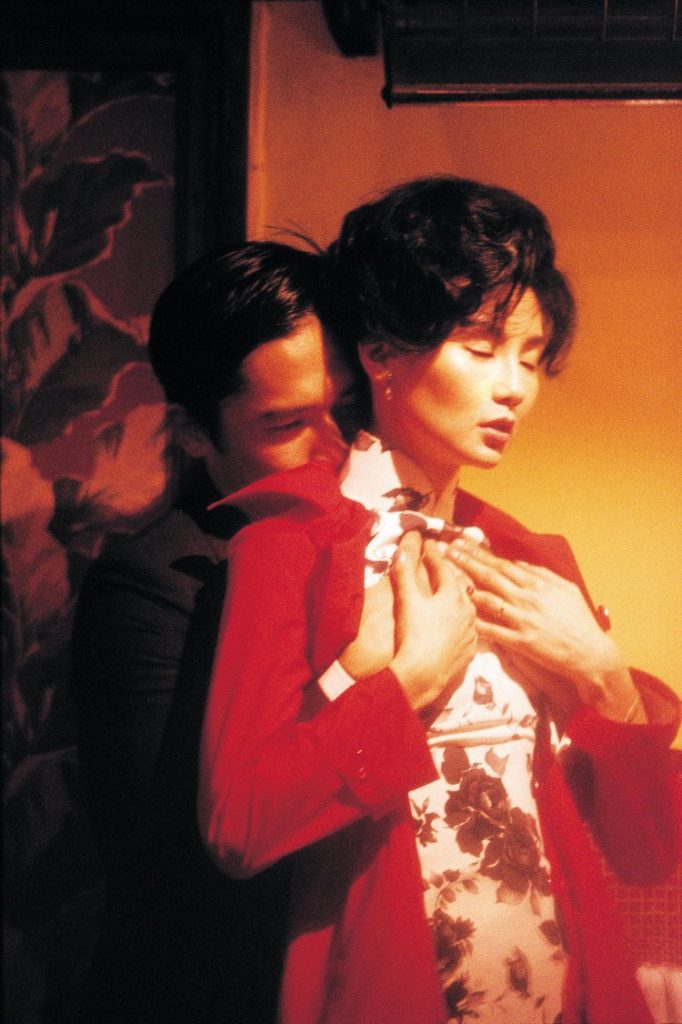
Congratulations Jessica on your recent AACTA win for Mozart’s Sister.
JW: It was so great to win the AACTA award for that film. It’s gone on a great journey that I wasn’t expecting. I jump between such different jobs. Last week I was doing something about serial killers with sharks in it.
NK: I can’t wait to see that
JW: And then back to this joyous music in In The Mood For Love – it’s so dissonant. Endangered Australia is a three- part documentary narrated by Eric Bana that I worked on last year with the Sydney Symphony. It’s all about Australian wildlife with some amazing footage. I’m hoping that it will come out later this year or next year. I’m really proud of that.

What or who do you think helped you get to where you are today?
JW: Christopher Gordon was an amazing mentor for me. I used to go to his house and photocopy his handwritten orchestral scores, put them in the computer, and then go to the studio and watch him conduct his own film work and other orchestrations. I quite often still see him in the studio, we’re both writing ballets at the moment. He really encouraged me from the beginning. Nigel Westlake was also hugely helpful in pushing me into conducting and becoming a musical director. He just said you should do it. You often need someone to give you a little push and tell you that you can.
NK: There are a lot of people who helped me along the way. I would say the best experiences I had were just hanging out with a load of other people who were into filmmaking. When we started out we would go to the movies every weekend, and watch lots at home, so becoming immersed in film. I had some corporate jobs and then when I was 28 I made the leap and started as a runner. I started at the very bottom, even cleaning toilets many times! If there’s a terrible job in the film industry I have done it!
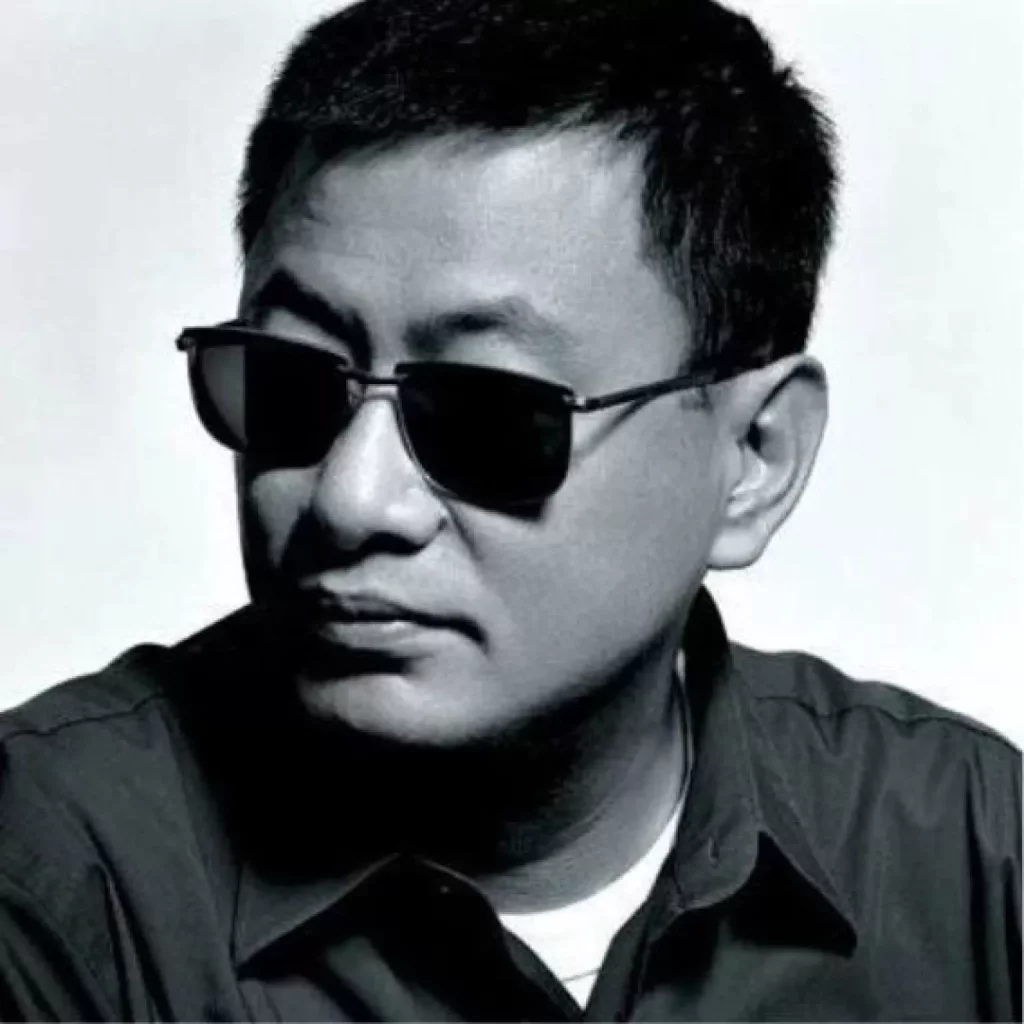

What would be your key piece of advice for anyone trying to make it in this arena?
NK: I would encourage everyone to find the classic movies, whether they’re really old or a bit more modern like In The Mood For Love. Become literate in film. Because when you’re on a film sets you’ll be constantly referencing old things, so get knowledgeable about it all, and enjoy the process. When I get a chance what I like to watch these days is those old films. My two favourite films that I saw last year were Casablanca, which I saw all the way through for the first time, and The Maltese Falcon.
JW: I think for young people it can be hard, you might not think you have the right skill set. Often in these worlds you’ve just got to fake it till you make it. Go for it, learn the skills over time, and get out there and try. I studied at Sydney Conservatorium of Music, but most of what I learnt was in the studio!
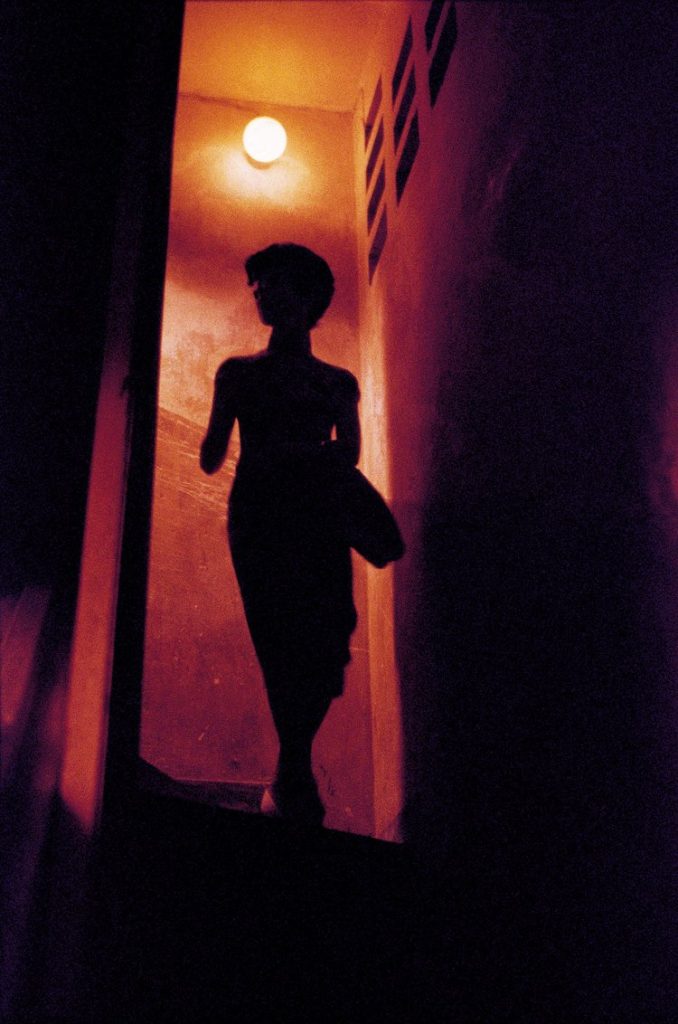
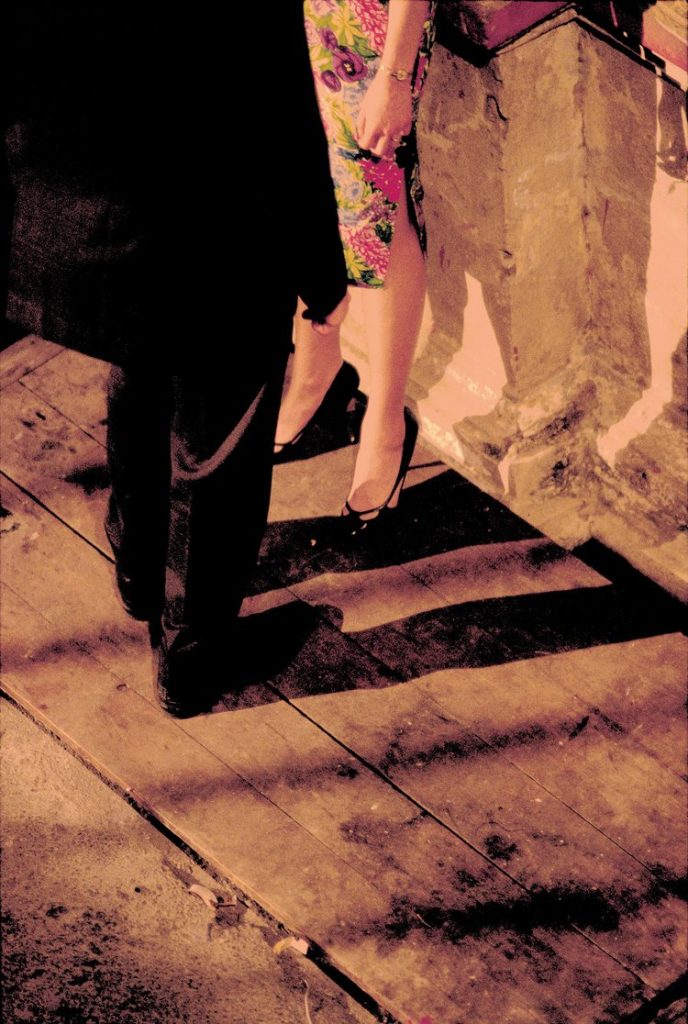
What’s next for you both?
JW: I’m writing a concerto for the Guzheng, which is a Chinese zither, for the Melbourne Symphony Orchestra which will be performed in April. I’m also writing a ballet for the West Australian Ballet which includes some of Puccini’s Madame Butterfly. Hopefully, there’ll be another film or another live concert. I love doing these.
NK: I’m looking forward to taking this production out into the world. This is the beginning of the journey. We’re hoping to take it to other cities, starting with Asia, and hopefully Hong Kong itself. It’s very exciting to imagine introducing the film to new people.
In The Mood For Love
in Concert
22 March 2025
In the Concert Hall




